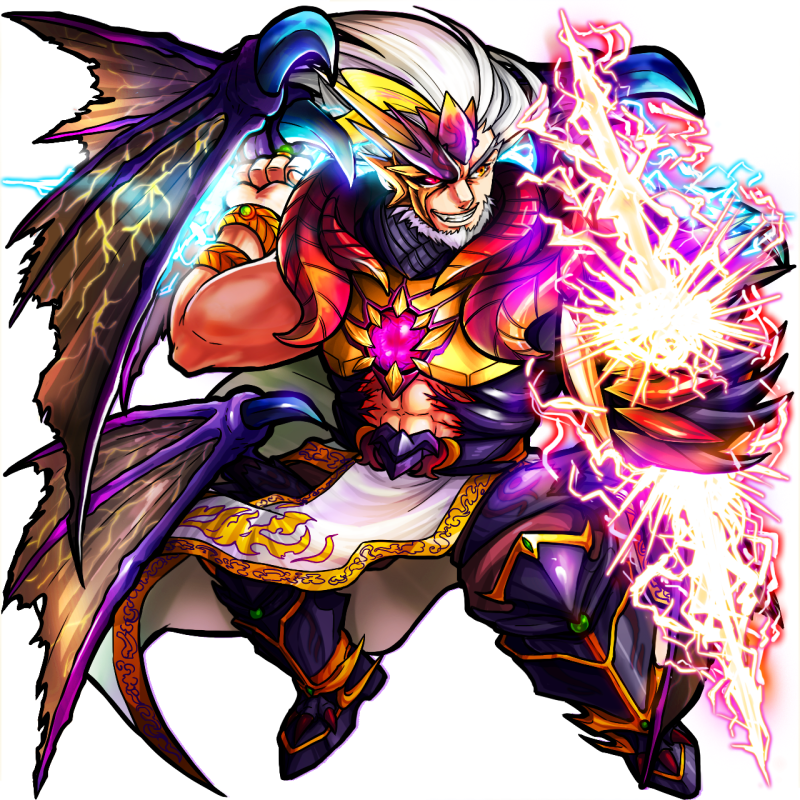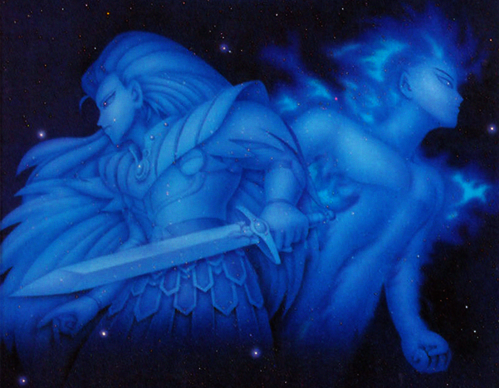It’s weird to think that Mario, one of the most influential and important action game series ever, not only has an RPG spinoff, but has multiple such spinoffs. The original Super Mario RPG felt like a unique, one-off affair back in its time, but the groundwork laid by that title has since spawned the Paper Mario and Mario and Luigi series. After years of doing their separate takes on the Mario universe – and producing some all-time classics in the process – the two series recently crossed over in the 3DS game Mario and Luigi: Paper Jam. (Can we stop and ruminate on the sheer brilliance of that title for a bit? It works beautifully on so many levels.)
I had the opportunity to talk with Mr. Akira Otani of Nintendo and Mr. Shunsuke Kobayashi of Mario and Luigi series developer Alphadream about the creation of this 2D/3D adventure. Read on for some fun little tidbits about what went on behind the scenes of this game’s creation!
Please note that since this was an email-based interview, it’s a bit shorter and doesn’t have quite the same back-and-forth as the interviews I do in person or over voice/IM. There will also be minor spoilers for events about halfway through the plot. Please be aware, and I hope you enjoy it!
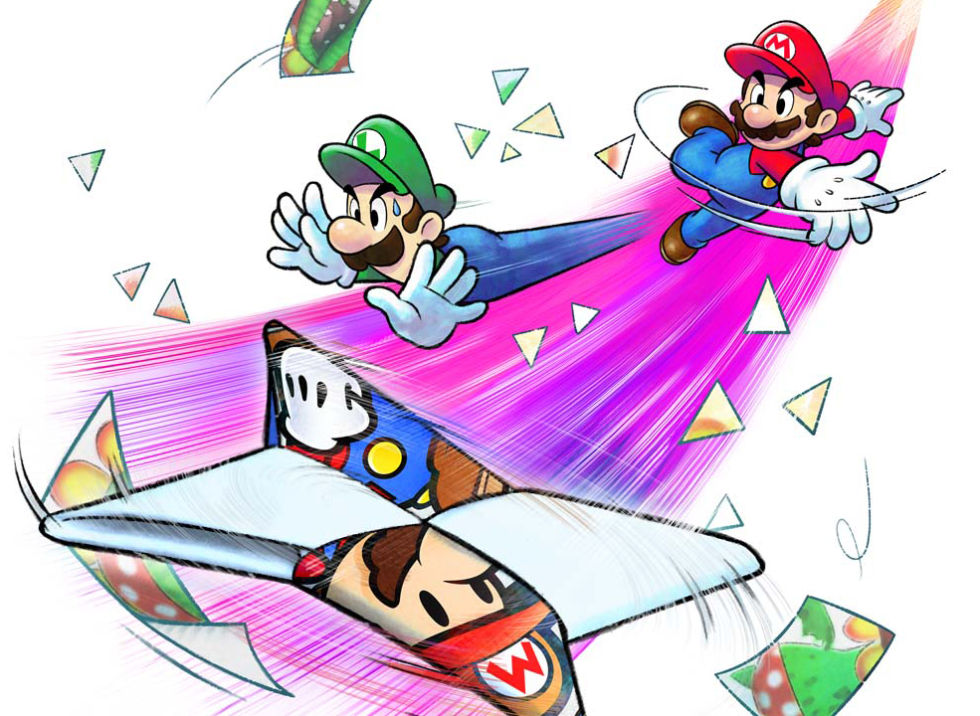

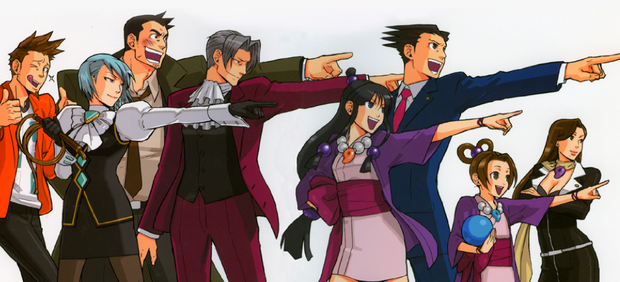

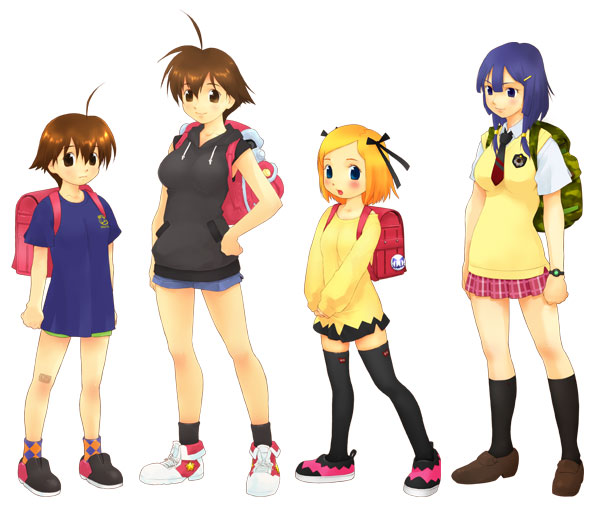
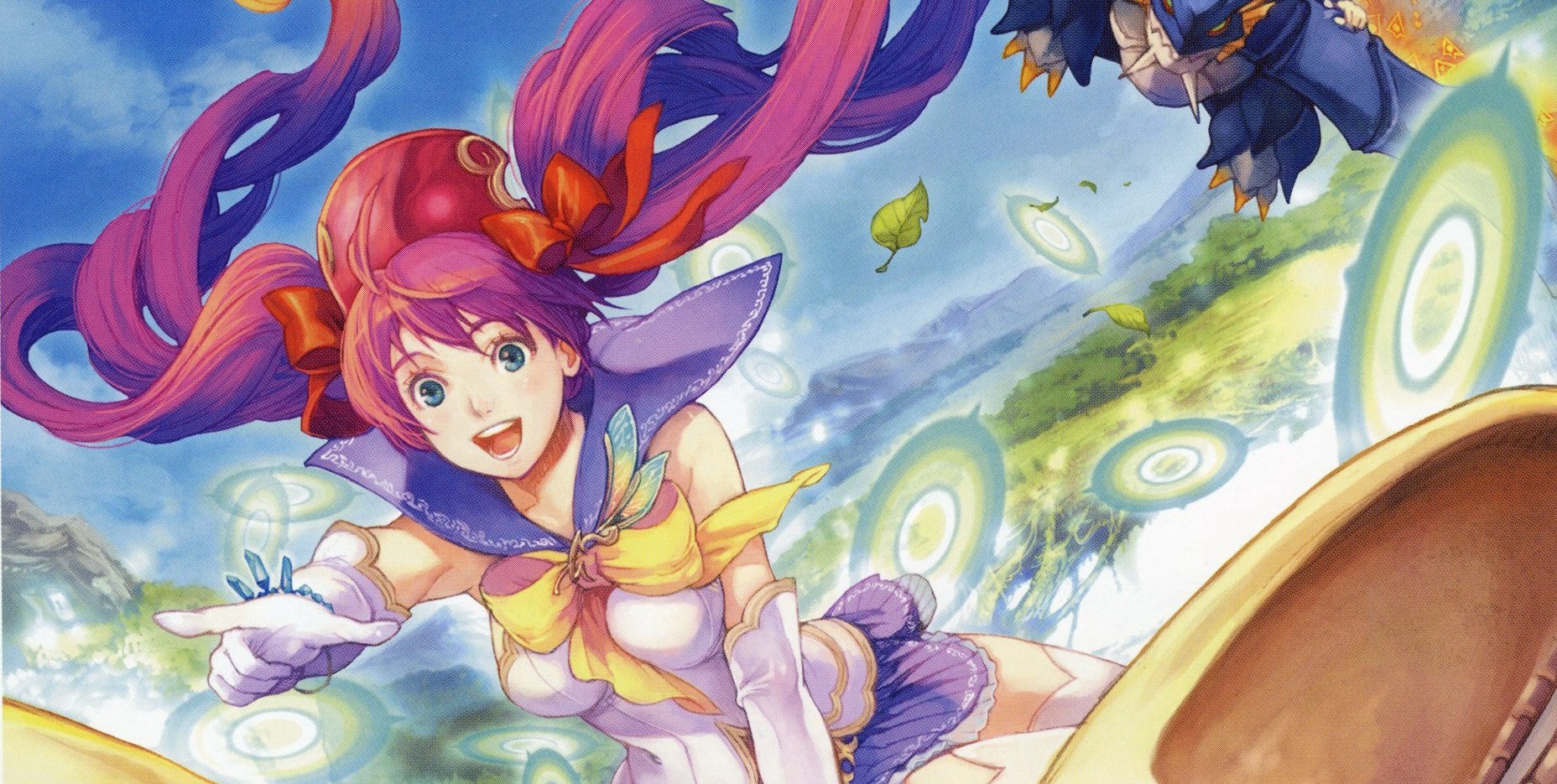

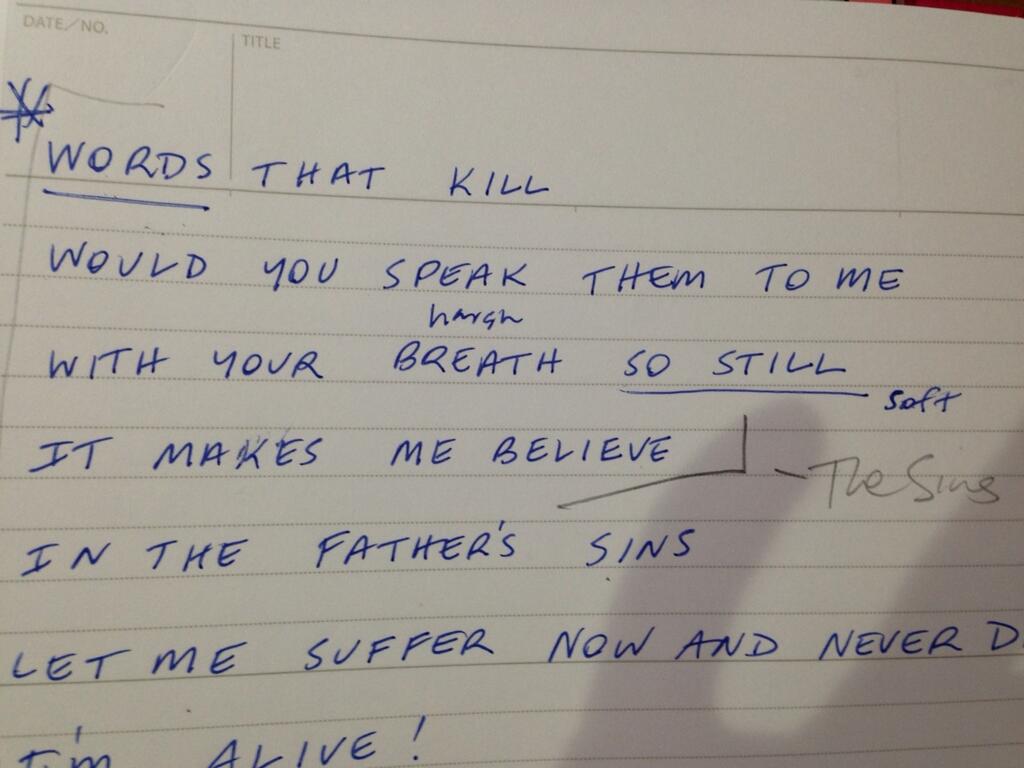
 –
–